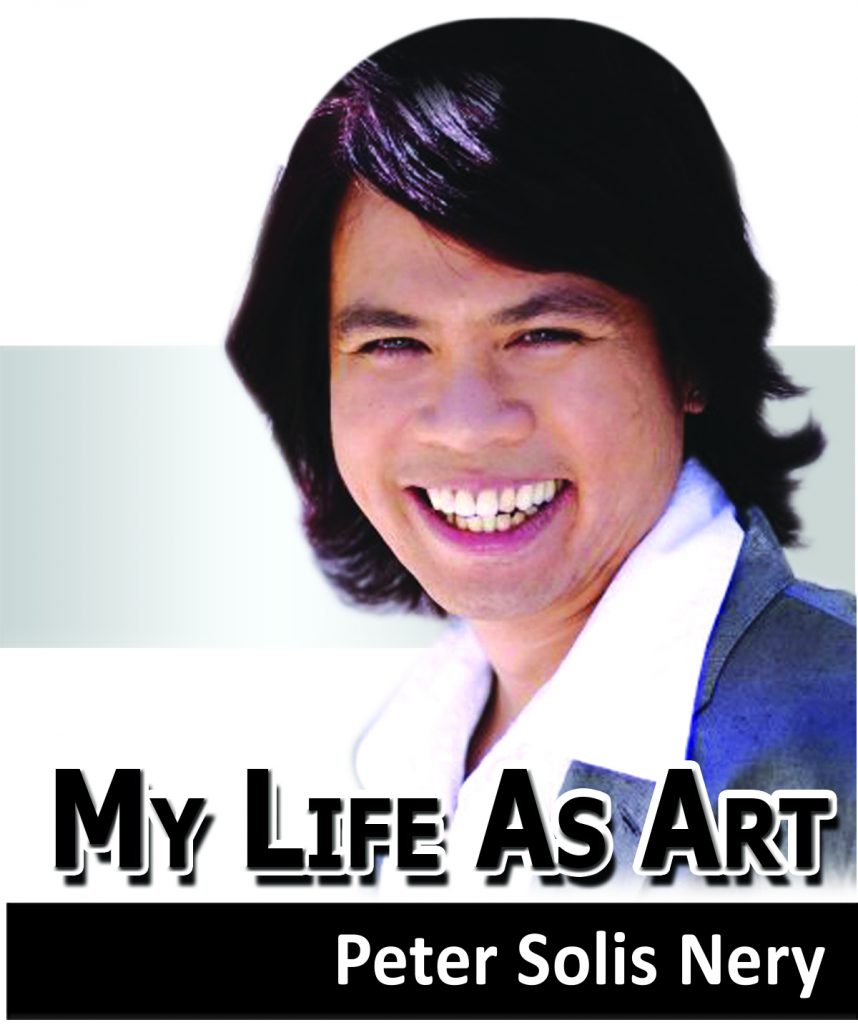 SO, again, let me ask you: Why should you write poetry? How should you write poetry?
SO, again, let me ask you: Why should you write poetry? How should you write poetry?
To get published! With the eye on publication!
If you think otherwise, go f*ck yourself already.
*
You would want to publish your work.
You would want for people to read your work.
You would want people to discuss your work.
And most of all, you would want people to ignore your work, right?
*
No?
Then, why the hell you are writing boring things?
Why are you careless with your words?
Why are you talking about things people already know about?
Or, taking the other extreme, why do you write about things people ever hardly know about?
*
You think you are so smart you have couched your poem in a mystery puzzle that only you can figure out?
Idiot! Go f*ck yourself!
You don’t write to hide meaning from your readers.
You write to reveal meaning to your readers!
*
And you reveal meaning, you invite them to feel something, not by feeding them with cliches, or some prosaic declaration of facts; but with carefully placed word clues, that lead to, and not hide from, enlightenment.
*
As a poet, you actually show you are superior by being easily understood, not by being often misunderstood.
Situation 1: “Sound of popcorn—a silent kiss; then, the collective sigh under the flickering lights.” Where am I?
*
Situation 2: “Sad story—we hold hands as lovers kissed in another world, another time.” Where am I?
If there is any mistaking that the first scenario did not happen in the movie house, do not listen to me anymore. I do not know what I’m talking about.
*
But if you think that the movie house is the only possible location for the second situation, you really shouldn’t be writing poetry.
Because you have no effing imagination!
*
Everything has been going well so far with the “June 2018 Poem-a-thon and Poetry Workshop with Peter Solis Nery” on Facebook.
From the original 77 excited registrants in May, I actually started with only 46 participants on June 1.
*
I guess the idea of a free, online poetry workshop and poem-a-thon is exciting, but once people realized that I would demand a daily poem output (based on specific prompts) for thirty days, it just didn’t sound very inviting anymore.
*
Forty-six is still a very big workshop group for me.
Although I’ve managed live writing workshops with 250 to 400 participants.
But for this one, imagine me being bombarded with 46 poems of various levels of craftsmanship, and I have to read and evaluate them all within the 24 hours so the participants can get a feedback that can hopefully inform their next day’s writing project.
*
After a week, our number went down to 35, where it stayed for about ten days.
Until I finally shaved off people who were not posting their poems, or were no longer joining the discussions anymore.
By June 18, I have managed to trim the group to twenty.
I think it’s a good number.
Although I always fancy the idea that twelve disciples is the ideal.
And I sit as Lord and Master.
*
Removing people from the workshop is the hardest thing for me to do.
Harder than evaluating all the submitted works in so short a time, and under pressure.
Especially that I had to let go of some really good participants whose works excite me.
But it is with fairness and justice that I had to do it.
*
As the workshop proceeds into its third week, there’s more soul-making and soul-baring involved.
People are starting to write about their most personal feelings, their secrets and infidelities, their erotic dreams and hidden desires.
I just felt it isn’t for public consumption.
*
Also, I become more rabid in my critiques.
Especially after I’ve hammered the same principle at least twice.
I also have little patience for people writing poetry in English when they don’t know their syntax.
I’ve always confessed I’m insecure about my English.
And still, many people think my English is brilliant.
*
To make a point in my workshop (and I guess in real life, too), I would often use strong verbal language.
Because I want to make the participants feel that this is not a laughing matter.
I want them to understand that a workshop with Peter Solis Nery is not a game, but a life-changing experience.
If at all, I want them to, at least, develop a sense of wakefulness, and an awareness of their surrounding.
*
I want them to develop a habit of just looking at the world, and finding poetic inspirations, poetic situations, poetic possibilities.
I want them to be aware of the effect of their chosen words.
I want them to make careful choices when they use words.
And to use only a few words to maximum effect. (500tinaga@gmail.com/PN)





